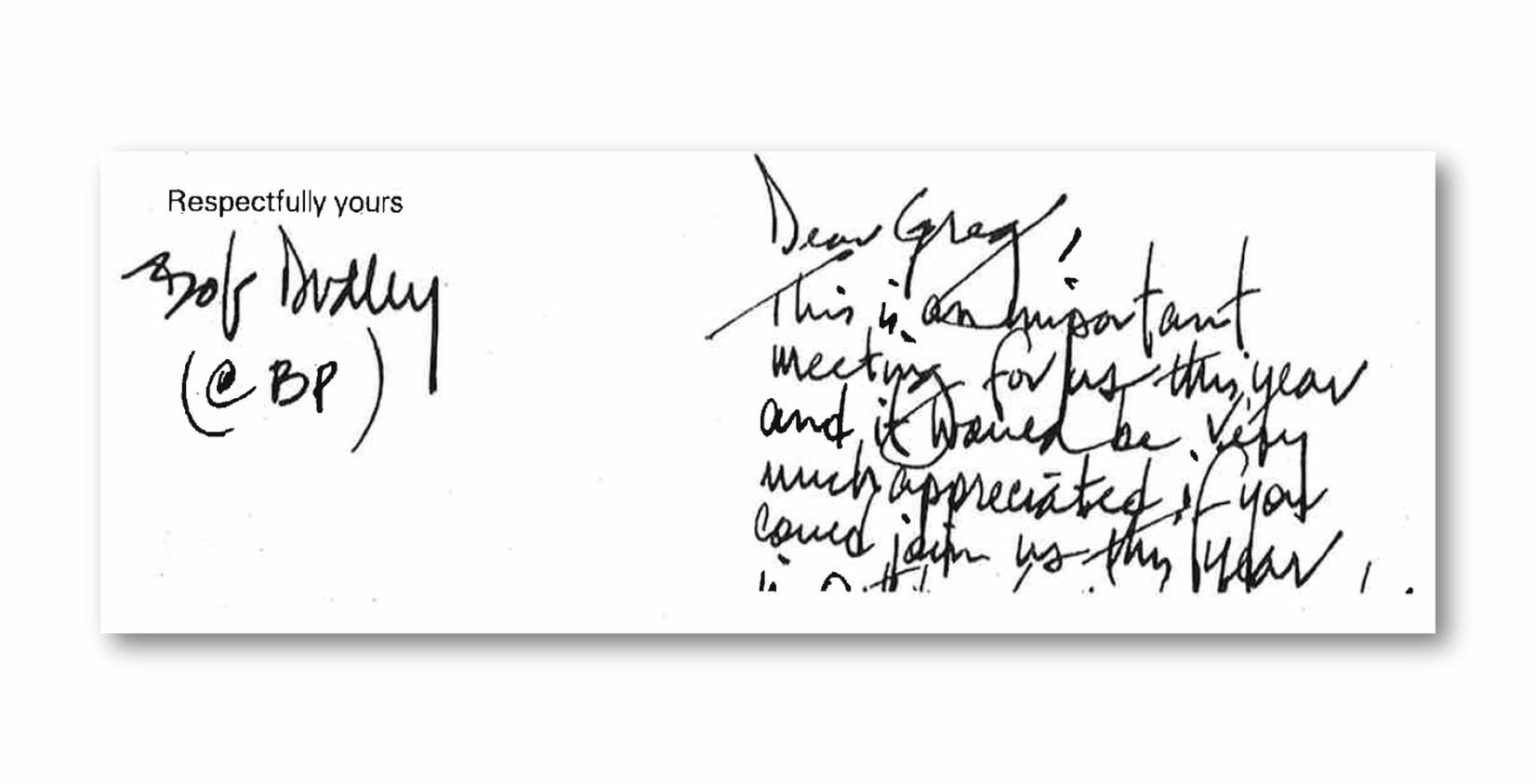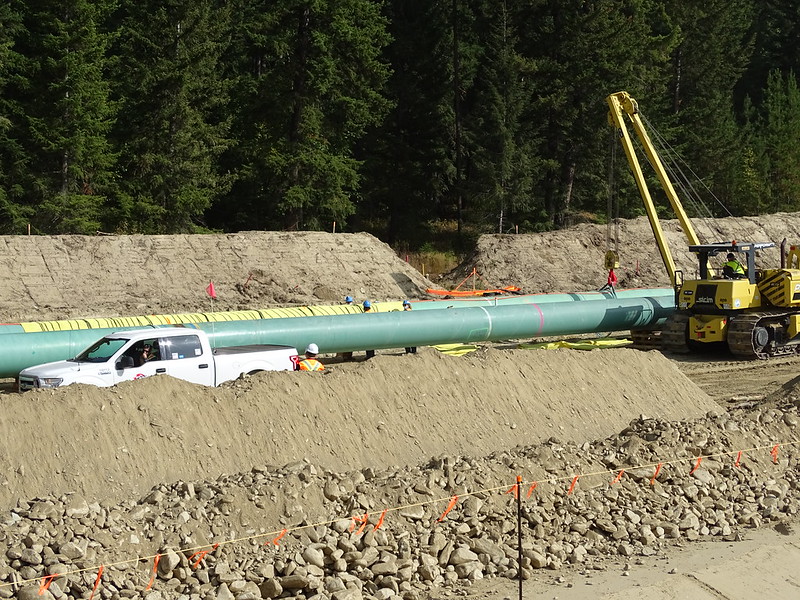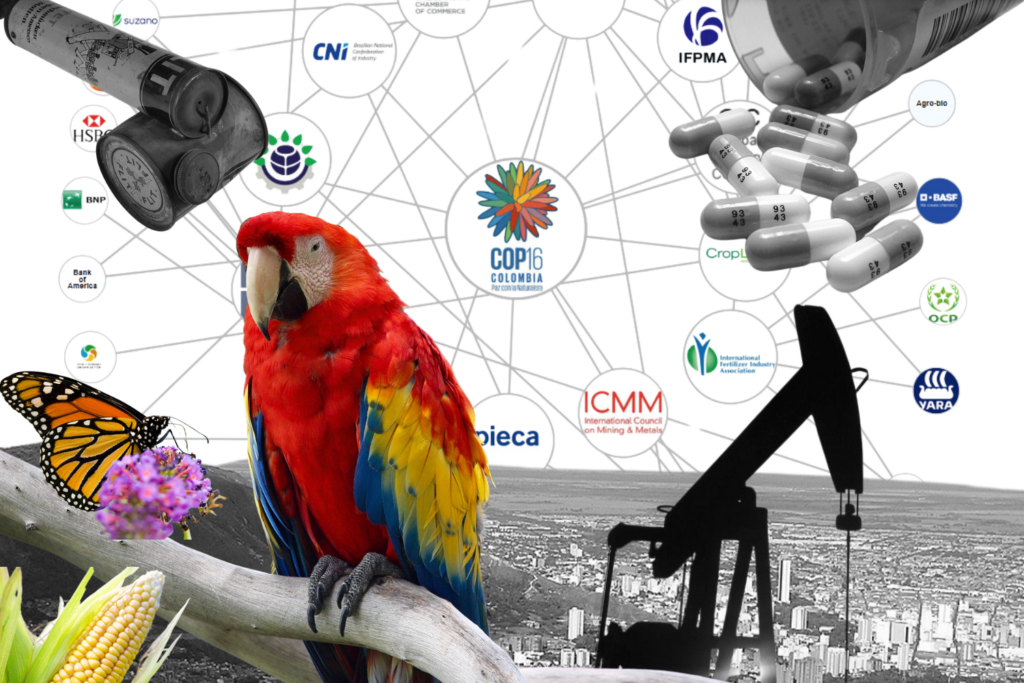How friendly are BP and the UK government? Very, it seems.
Emails obtained through a freedom of information request by campaign group Culture Unstained show BP regularly meets with ministers, and uses its sponsorship of the UK’s public institutions to try and attract them to social events — with considerable success.
In one email, BP Chief Executive Bob Dudley adds a handwritten note to an official invite, imploring Secretary of State for Business, Energy and Industrial Strategy (BEIS) Greg Clark to attend the annual press conference held by industry greenwash group, the Oil and Gas Climate Initiative (OGCI).
The note reads, “Dear Greg, this is a very important meeting for us this year and it would be very much appreciated if you could join us this year”. The rest of the note is redacted.
Clark decided not to go, but passed on the invite to Climate Minister Claire Perry, who was “delighted” to attend.
The emails also show the company has established twice yearly meetings with government ministers.
It shows a BP employee trying to fix a date in the diary for the second of these, between BEIS secretary Clark and Peter Mather, the Head of BP’s UK operation, and Dev Sanyal, BP’s Chief Executive for Alternative Energy.
The meetings are part of a government “buddy” scheme, introduced in 2011. Greenpeace told the Guardian in 2013, when more companies were added to the scheme, that it was concerned “policy would end up skewed towards narrow corporate interests rather than the wider public good”.
BEIS but did not specify which other companies or industries had the same twice-yearly arrangement with the department, but told DeSmog UK:
“Ministers meet regularly with representatives from all sectors and interest groups, as you’d expect — whether that’s the oil and gas or the renewables sector. This looks very much business as usual”.
When asked to comment on the nature of the “strategic relationship”, BP pointed DeSmog UK to previous press coverage of the scheme.
The strategic meetings are not the only time the big oil company and ministers meet.
Another series of emails shows Mather asking Energy Minister Richard Harrington for a meeting. The invite came off the back of a “few words” the two exchanged at a “BEIS stakeholder reception”.
A member of the government’s Energy Diplomacy Team recommends that the minister take the meeting as “it is one of the companies HMG [Her Majesty’s Government] has a strategic relationship with”. The advisor points out that they and a colleague “have similar relationships with Statoil and Shell”.
The company also uses its sponsorship of the UK’s publicly funded arts institutions to try and attract ministers to social gatherings, the documents show.
Another email shows the company reaching out to invite Harrington to an event at the British Museum, where BP was sponsoring an exhibition.
In that case, Harrington’s staff decided not to take advice from the diplomacy team as it was a “social event”. “Up to RH if he’s interested”, the note reads. It’s unclear if the minister attended.
It is not known what is discussed at the various meetings, but some BP deals are deemed worthy of participation by those at the very top of government.
In April, Prime Minister Theresa May was present alongside Azberaijan’s president Ilham Aliyev as BP signed a deal with the country’s state oil company SOCAR to develop a major new block in the Caspian Sea.
The UK government’s continued closeness with BP raises questions about how seriously it takes its commitment to climate policy.
BP is holding its AGM in Manchester on Monday May 21. Shareholders are being urged to vote against the “unacceptable” pay of chief executive Bob Dudley, whose remuneration is 48 times higher than the company’s average employee.
They will also be asking the company to properly account for the risks to its business model from climate policy in-line with the globally agreed two degrees goal.
UK Prime Minister Theresa May, Azerbaijan President Ilham Aliyev watch over the signing of a new Caspian Sea production sharing contract between BP and SOCAR on April 26 pic.twitter.com/zLeeAW5fGn
— Karl Mathiesen (@KarlMathiesen) May 17, 2018
Subscribe to our newsletter
Stay up to date with DeSmog news and alerts







